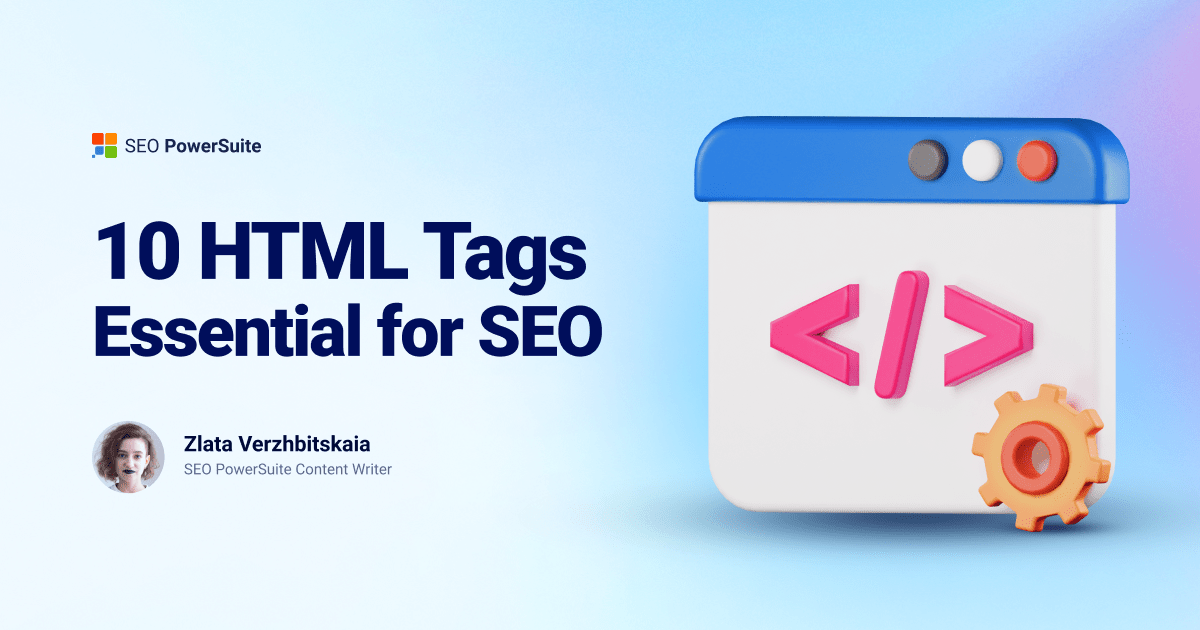When it comes to optimizing a website for search engines, on-page SEO plays a crucial role. And one of the key components of on-page SEO is using HTML tags effectively. By utilizing the right HTML tags, you can help search engines understand the content of your website better, which can improve your search engine rankings. In this article, we will discuss the HTML tags that matter most for on-page SEO.
1. Title Tags
The title tag is one of the most important HTML tags for on-page SEO. It is the title of the webpage that appears in search engine results and browsers. Make sure to include relevant keywords in your title tag to help search engines understand what your page is about. Keep it concise and descriptive, as it plays a significant role in determining the click-through rate of your website in search results.
2. Meta Description Tags
While not a direct ranking factor, the meta description tag provides a summary of the content on your webpage. It appears below the title tag in search engine results and can influence the click-through rate. Write a compelling meta description that includes relevant keywords to entice users to click on your link.
3. Heading Tags (H1, H2, H3, etc.)
Heading tags are used to structure your content and provide hierarchy to your webpage. The H1 tag should be used for the main heading of the page, while H2, H3, and other heading tags can be used for subheadings. Including relevant keywords in your heading tags can help search engines understand the structure of your content and improve your rankings.
4. Image Alt Tags
Image alt tags are used to describe the content of an image to search engines. By including relevant keywords in your alt tags, you can improve the accessibility of your website and enhance your on-page SEO. Make sure to use descriptive alt tags that accurately reflect the content of the image.
5. Canonical Tags
Canonical tags are used to indicate the preferred version of a webpage when there are multiple versions of the same content. This helps search engines avoid duplicate content issues and consolidate the ranking signals for the canonical version of the page. Use canonical tags to improve the overall SEO of your website.
6. Schema Markup
Schema markup is a structured data format that helps search engines understand the content of your website better. By adding schema markup to your HTML, you can provide additional context to search engines about your content, products, and services. This can lead to rich snippets in search results, which can increase click-through rates and improve your SEO.
7. Meta Robots Tags
Meta robots tags are used to control how search engines index and display your content. You can use meta robots tags to specify whether a page should be indexed, followed, or displayed in search results. This can help you optimize your crawl budget and prevent search engines from indexing pages you don’t want to be included in search results.
8. Internal Linking Structure
While not a traditional HTML tag, internal linking structure is crucial for on-page SEO. By linking relevant pages within your website, you can improve the user experience and help search engines discover and index your content more easily. Make sure to use descriptive anchor text that includes relevant keywords to optimize your internal linking structure.
By utilizing these HTML tags effectively, you can improve the on-page SEO of your website and increase your search engine rankings. Make sure to incorporate relevant keywords, provide descriptive content, and structure your HTML tags properly to maximize the visibility of your website in search results.
